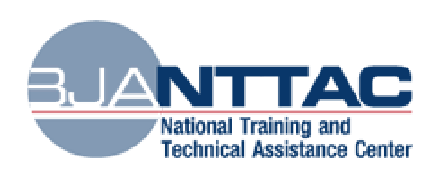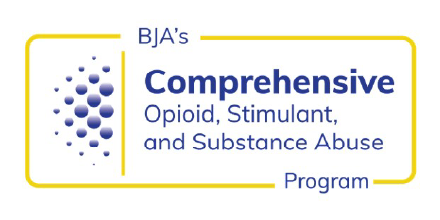The Chatham County District Attorney’s Office directs Youth Intercept, a violence-prevention program that aims to break the cycle of youth violence and retaliation. Youth Intercept provides educational services and referrals to public health services to at-risk youth, particularly African American males between the ages of 10 to 18. Youth Intercept conducts its work in partnership with Memorial Health University Medical Center, Chatham County Juvenile Court System, Chatham County Sheriff’s Department, and Chatham County Public Schools. Key activities include a hospital-based violence intervention program for youth injured by violence and a school-based youth development program for students with a history of truancy or behavioral issues, tutoring, career awareness, referrals for counseling, case management, and other services.
- 2021
- John Jay College - Institute for Innovation in Prosecution

